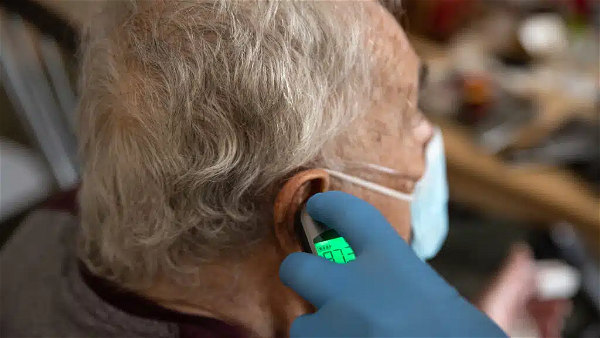Innovative Approach to Healthcare: Hospital at Home Unveils Strategies

The private sector within the U.S. healthcare system typically demonstrates a faster adoption of valuable innovations in contrast to the public sector. It often awaits initial steps from the public sector before scaling up innovations. The “hospital at home” model, providing acute hospital care within patients’ homes, could have achieved broader implementation earlier with aligned incentives. Hospital-at-home programs have been under study since the 1970s, but widespread investment and adoption only accelerated during the Covid-19 public health emergency. The Centers for Medicare and Medicaid Services temporarily allowed Medicare reimbursement for hospital-at-home services through the Acute Hospital Care at Home Waiver, sparking momentum driven by aging baby boomers’ increasing demand and the desire to avoid new hospital construction.Research indicates that hospital-at-home programs reduce mortality, costs, and enhance patient satisfaction, but they necessitate substantial upfront investments in processes, technology, and personnel.
Make faster decisions with community advice
- AI Gets Better At Writing Patient Histories When Physicians Engineer The Prompts
- New Study Evaluates Virtual Reality to Reduce Scanxiety in Brain Tumor Patients
- Revolutionizing Healthcare: Harnessing the Power of IoT Solutions for Improved Patient Outcomes
- Carrum Health Raises $45 Million Series B to Expand Cancer Care Offerings and Launch New Service Lines
- Ethical Guardrails Are Essential To Making Generative AI Work For Healthcare
Deploy this technology today
-
nQ Cortex
Matched with Medical Subject Headings (MeSH): Biomedical Technology, Healthcare IT News: Artificial Intelligence
- NLabviva Platform
- Labviva Platform
- AI Dermatologist Platform
- Armis Platform for Healthcare

